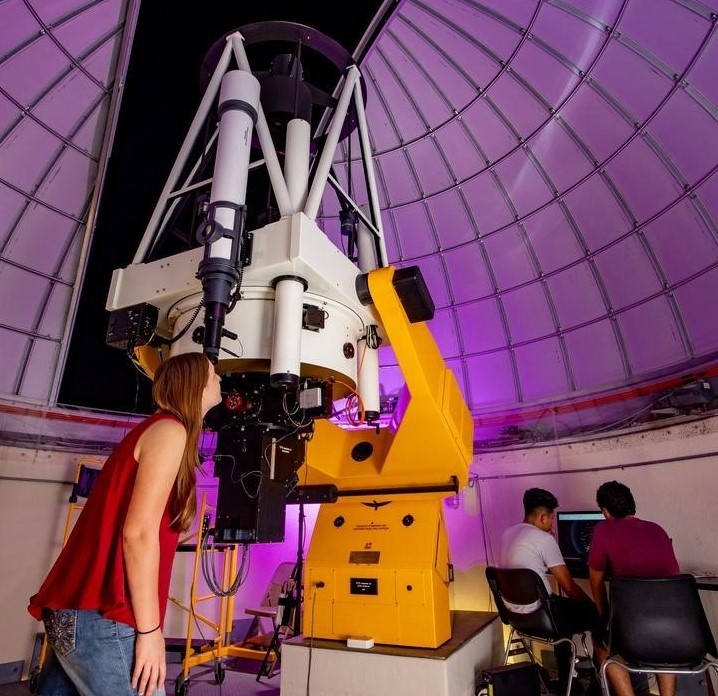Document Type
Article
Publication Title
The Astronomical Journal
Abstract
The primary Kepler Mission provided nearly continuous monitoring of ∼200,000 objects with unprecedented photometric precision. We present the final catalog of eclipsing binary systems within the 105 deg2 Kepler field of view. This release incorporates the full extent of the data from the primary mission (Q0-Q17 Data Release). As a result, new systems have been added, additional false positives have been removed, ephemerides and principal parameters have been recomputed, classifications have been revised to rely on analytical models, and eclipse timing variations have been computed for each system. We identify several classes of systems including those that exhibit tertiary eclipse events, systems that show clear evidence of additional bodies, heartbeat systems, systems with changing eclipse depths, and systems exhibiting only one eclipse event over the duration of the mission. We have updated the period and galactic latitude distribution diagrams and included a catalog completeness evaluation. The total number of identified eclipsing and ellipsoidal binary systems in the Kepler field of view has increased to 2878, 1.3% of all observed Kepler targets. An online version of this catalog with downloadable content and visualization tools is maintained at http://keplerEBs.villanova.edu.
DOI
10.3847/0004-6256/151/3/68
Publication Date
3-2016
Recommended Citation
Kirk, Brian and Ragozzine, Darin, "Kepler Eclipsing Binary Stars. VII. The Catalog Of Eclipsing Binaries Found In The Entire Kepler Data Set" (2016). Aerospace, Physics, and Space Science Faculty Publications. 226.
https://repository.fit.edu/apss_faculty/226


